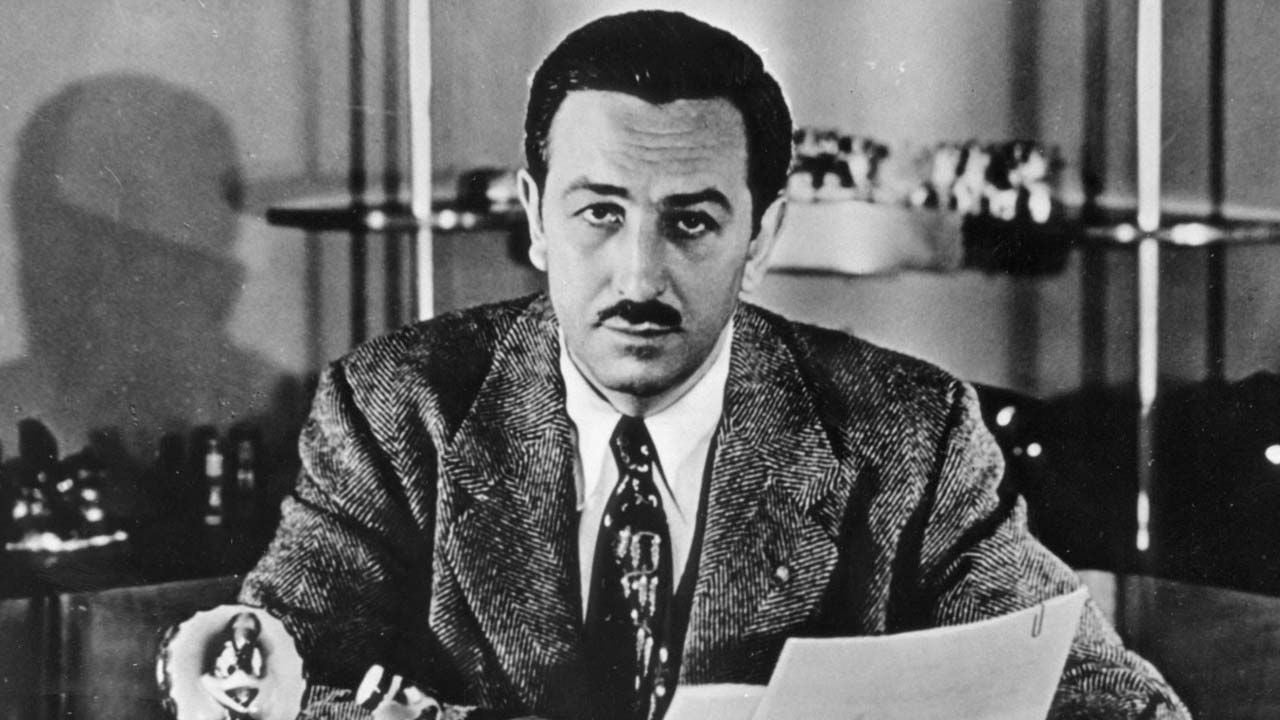Warsaw played a key role in sending weapons to Ukraine. The announcement comes amid a dispute with Kiev over grain imports from the war-torn country. Polish Prime Minister Mateusz Morawiecki said on Wednesday (20/09) that his country will no longer send weapons to Ukraine and, instead, will focus on its own defense. The comments came just hours after Warsaw summoned Kiev’s ambassador amid a dispute over grain exports.
“We no longer send weapons to Ukraine because we are now arming Poland with more modern weapons,” Morawiecki said. “Ukraine is defending itself from Russia’s brutal attack, and I understand this situation, but we will defend our country,” he added.
The prime minister’s comments were made in response to questions from journalists about whether Warsaw would continue to support Kiev despite the dispute over food exports.
Poland summons Ukrainian ambassador
Also on Wednesday, Poland announced its decision to recall its ambassador from Kiev following statements by Ukrainian President Volodymyr Zelenskyj at the United Nations General Assembly.
Speaking about grain exports, Zelensky accused some nations of feigning solidarity with Ukraine. Warsaw denounced his comments as “unjustified towards Poland, which has supported Ukraine since the first days of the war.”
Poland has played a key role in sending weapons to Ukraine, providing military equipment such as MiG-29s and Leopard combat tanks, as well as allowing foreign allies to store and transport weapons across the Polish border into Ukraine.
In March this year, Poland became the first NATO member to promise fighter jets to Kiev, starting in early April. Poland has also welcomed around one million Ukrainian refugees.
Tensions between the two countries have intensified in recent days due to Poland’s ban on the import of Ukrainian grain to protect the interests of its farmers.
Russia’s invasion of Ukraine closed Black Sea shipping routes used before the war. Russia has reached an agreement allowing the export of wheat from Ukraine by sea. The agreement, however, expired in July.
This made the European Union (EU) vital as a transit route and export destination for Ukrainian grains.
In May, aiming to protect farmers in countries complaining of falling local prices due to imports, the EU decided to limit imports to Bulgaria, Hungary, Poland, Romania and Slovakia. The measures allowed crops to continue to transit through the five countries, but without being sold on these markets.
Last week, however, the European Commission announced the end of the import ban, claiming that “market distortions in the five Member States bordering Ukraine have disappeared”. Poland, Hungary and Slovakia immediately reacted, saying they would not respect the decision. Ukraine later said it intended to lodge a complaint with the World Trade Organization (WTO).
ip/cn (AFP, LUSA)
Source: Terra
Rose James is a Gossipify movie and series reviewer known for her in-depth analysis and unique perspective on the latest releases. With a background in film studies, she provides engaging and informative reviews, and keeps readers up to date with industry trends and emerging talents.







